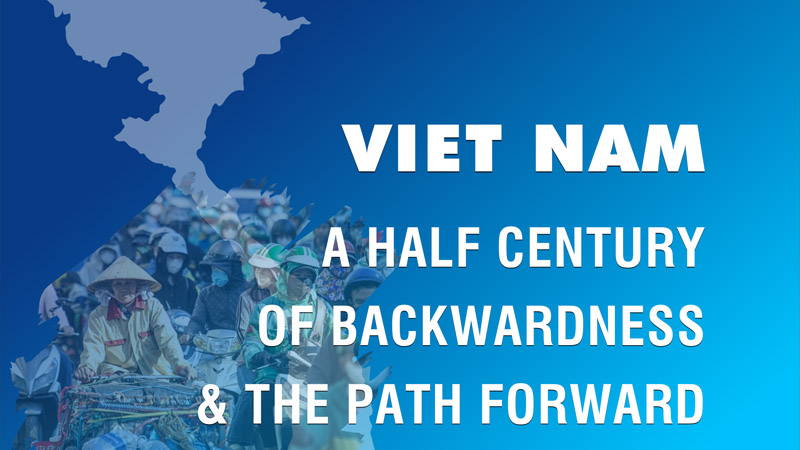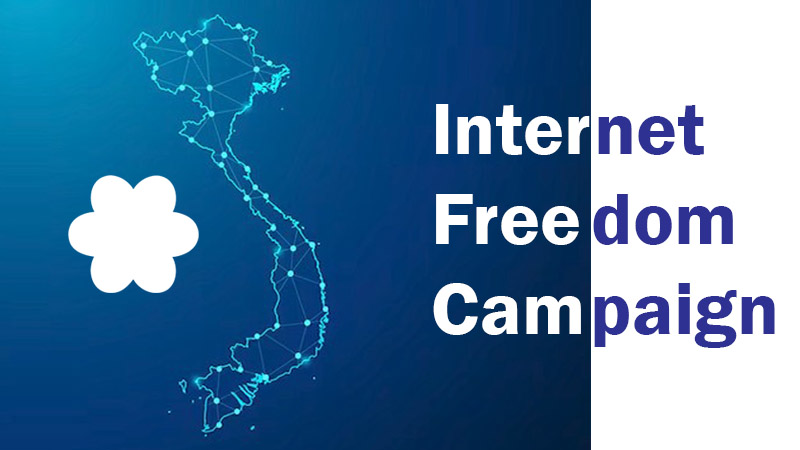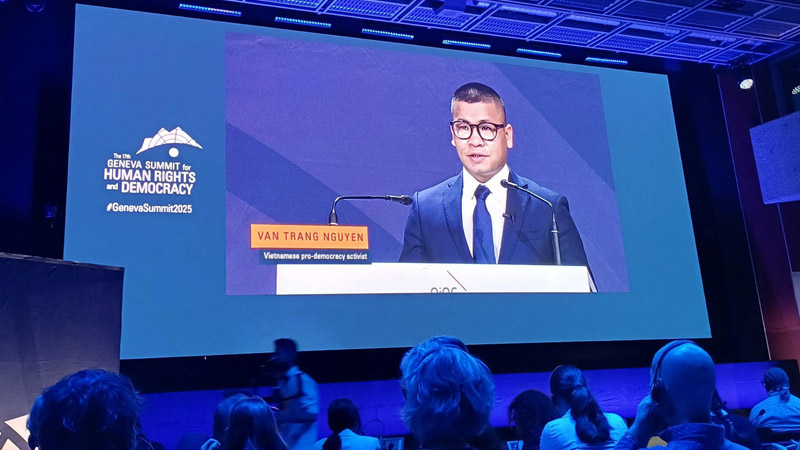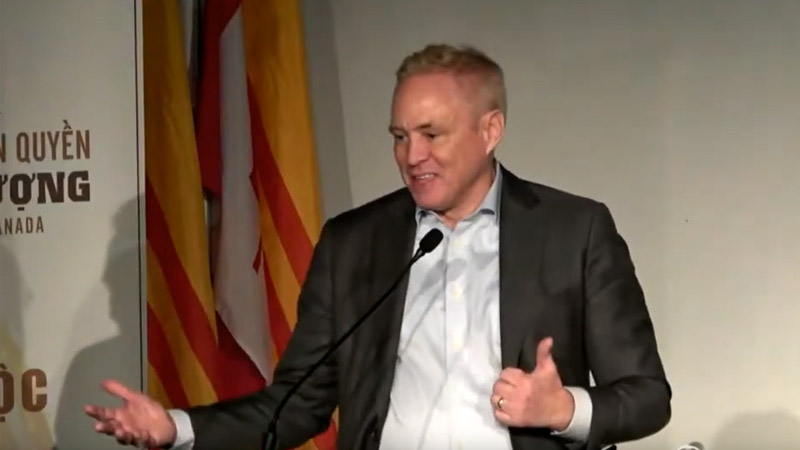December 6, 2011
By Patrick Goodenough
As the Obama administration pursues its “Pacific century” vision, some critics worry that one country with which it seeks to develop a new partnership is continuing to get away with human rights abuses, despite some modest signs of improvement.
Vietnam’s communist government over the summer and fall arrested at least 15 religious activists – members of the Catholic and Presbyterian churches – charging most under a controversial “subversion” article of the country’s penal code that carries a range of punishments up to the death penalty.
Ahead of Human Rights Day later this week, several members of Congress plan to introduce a resolution condemning what they call a “continued and worsening crackdown” against Vietnamese bloggers and democracy activists. They are urging Hanoi to repeal two penal code articles in particular.
Article 79, “Carrying out activities aimed at overthrowing the people’s administration,” provides for jail terms ranging from 12-20 years, life imprisonment or capital punishment for “organizers, instigators and active participants” and 5-15 years’ imprisonment for “accomplices.” Legal analysts say it makes no distinction between acts of terrorism and the peaceful exercise of freedom of expression.
Article 88, “Conducting propaganda against the Socialist Republic of Vietnam,” provides for 3-12 years’ imprisonment for those convicted of activities including “spreading fabricated news in order to foment confusion among people” and “defaming the people’s administration.”
U.S. political, economic and military relations with Vietnam have improved significantly over the years since President Clinton in 2000 became the first president to visit the country since the Vietnam War.
Despite being a one-party state with a human rights record widely viewed as poor, Vietnam has benefited greatly from the developing ties. The U.S. in 2006 granted Hanoi permanent normal trade relations, paving the way for its accession to the World Trade Organization the following year.
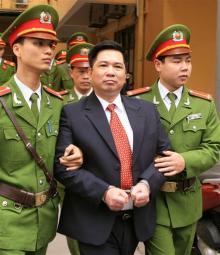
The State Department in 2006 also removed Hanoi from a list of “countries of particular concern” for egregious abuses of freedom of religion, citing improvements. (Religious freedom advocacy groups opposed the move, pointing to ongoing abuses against Buddhists, Catholics and evangelicals.)
The deepening of bilateral relations has accelerated under the Obama administration, which is heavily promoting the Trans-Pacific Partnership (TPP), a pact in the making that President Obama last month described as “our most ambitious trade agreement yet.”
Vietnam is one of the TPP’s nine current negotiating partners. All the others are democracies, except for Brunei, an Islamic sultanate.
The U.S. last month hosted the Asia Pacific Economic Cooperation (APEC) summit in Honolulu. In a speech on the summit sidelines, Vietnamese President Truong Tan Sang said the two countries “want to take the relationship to the next level and move forward on this strategic partnership.”
‘Incorrect information’
The State Department acknowledges that Vietnam has been backsliding on human rights. Its latest annual human rights report says that the regime has “increased measures to limit citizens’ privacy rights and freedom of the press, speech, assembly, movement, and association.”
Critics of the Hanoi regime have long contended that the U.S. could use its leverage more effectively to push for improvements.
Last September 14 members of Congress from both parties CNSNews.com

